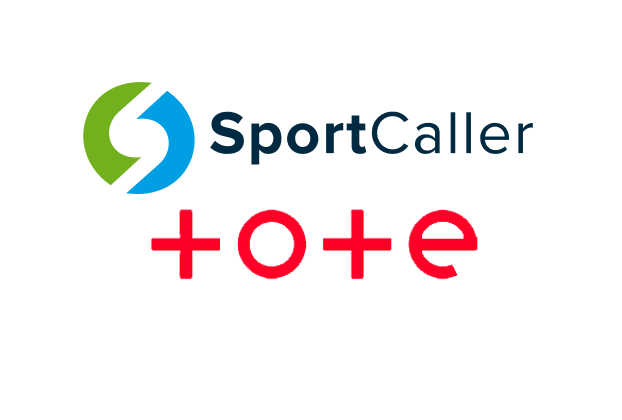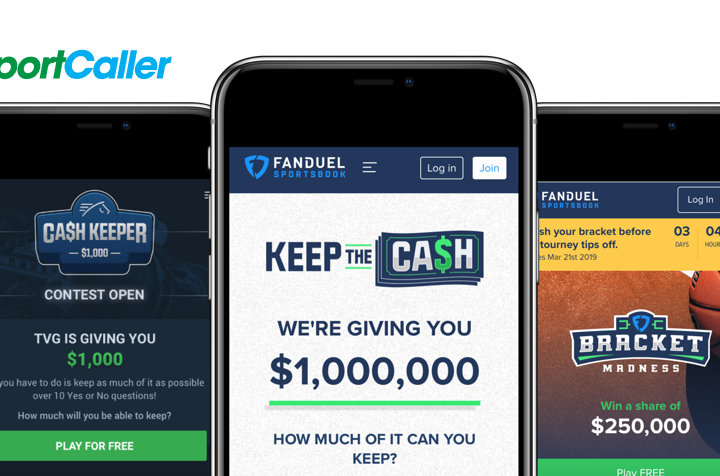This article was published by EGR Marketing
Paddy McDermott, performance director at SportCaller, assesses the reasons behind the current success of free-to-play games, and explains how they are boosting acquisition and customer value across both mature and newly-regulating markets
As the doors swing wide on a new sporting year, the major focus for most operators will be on new client acquisition. However, in a solar cycle without any major summer football tournament, there’s no obvious stand to leave your acquisitional hat on. Granted, two World Cups for cricket and rugby lie in store after May. Yet these will not have the mass market appeal to drive significant growth in market share.
Indeed, by the end of May, most operators will ideally aim to have targeted and acquired up to 70% of their new recruits for the year ahead. There’s no time like the present, then, especially across a sporting calendar which is heavily front-loaded with key events that will provide the springboard from which 2019 growth trajectories are built.
The industry experienced a cycle of change in 2018, with a number of fresh headwinds buffeting an already highly competitive marketplace. The progressive squeeze on margins from tax increases places an emphasis on new-account acquisition, but the ability to do so is hindered by the overarching crackdown on advertising and bonuses. Consequently, operators must now come up with original, innovative ways to recruit customers. These methods need to be attractive enough to grab attention without resorting to wall-to-wall advertising, and compatible enough to be compliant with stringent bonusing regulations.
Enhanced odds promotions have been increasingly employed in this domain as a result. However, a race to the bottom has been the inevitable outcome, with marketing cries of “100/1 there’s a throw-in” typically followed by hushed, inconvenient conditions, such as “max stake £1”, or “paid as free bets which must be used in seven days.” At a time when the industry is getting a grilling in the court of public opinion – from the prevalence of FOBTs to an overabundance of gambling ads on TV – these disingenuous offers only make matters worse.
Time for Change
In this reactive environment, free-to-play (FTP) games have now illuminated a third way to market, allowing operators to acquire and retain repeat-customers at a low cost but also to stay fully conversant with intensifying worldwide regulation. This powerful new dynamic has been swiftly adopted by a host of tier-one operators who see it as a catalyst for change. All now operate at least one FTP game as part of their portfolio, with the flexibility to tweak and evolve their offerings by innovating individually from the original concept.
In fact, Paddy Power Betfair (PPB) gave special mention to their own such evolution in Beat The Drop, an FTP which SportCaller developed for them before the World Cup, as a means to explaining their third-quarter spike in 2018 (where the operator saw revenues grow to £483m). “Innovative promotional products, such as Beat the Drop, [enabled us] to acquire recreational customers at lower costs,” said the operator.
It provided a real feather in the cap for FTP, especially from a firm as well-versed as PPB, which has been running FTPs since 2016. Beat the Drop is just the latest iteration of our collaborative concept-to-actualisation development process with the group, announcing its immediate success by exceeding all tournament targets for the product within one week. Elsewhere, GVC/bwin rolled out Maradona’s Millions across multiple European countries offering a jackpot of €5m, while Coral asked players to answer 10 simple questions on the tournament for a jackpot of £1m. In every instance, each flagship FTP was used in their ATL marketing, including TV ads.
Cross-Sell Opportunities
One of our key goals for 2019 is to help to ensure that FTP becomes as much a thread of the industry fabric as more established channels – such as casino, games and bingo. With its flexibility of game types and the wide range of events on which its games can be run (far beyond traditional betting events), conviction grows that FTP could be the product which finally bridges the cross-sell divide between sports betting and gaming.
Another aim is to ensure that we remain in the vanguard of FTP’s evolution in terms of the product offered. We are currently in the development stage of several games from US-facing operators, whose key aim at this early stage post-PASPA is obviously to acquire.
Our product managers have increasingly found that collaboration with clients in order to identify specific goals and objectives forms a central part of the game-delivery process. However, in deciding on game formats, there are secondary considerations to be factored in, such as understanding players’ current behaviours (e.g. Daily Fantasy Sports) while schooling them as to the potential of betting markets. Even here, FTP’s innate format can act as a well-placed stepping stone to migrate DFS or casino players over to sportsbook with no need for laborious education.
As for the U.S. audience itself, its DNA is deeply rooted in DFS – an arena which is heavily informed by statistical data and a deep understanding of individual player performance. So, the initial key here was recognising the different customer traits, while also noting any overlapping similarities with our core territories. The second step was to look at the key events in 2019 that would offer the greatest mass market appeal to likely sports bettors stateside. Ultimately, NCAA March Madness provided a convenient launchpad, given the fact the 2018 EPSN Free-To-Play March Madness bracket competition garnered a total of 17.3 million players, and our American education has quickly followed from there.
One key learning from the World Cup was that a daily game, layered on top of a pre-event mega jackpot, increased by an order of magnitude the chances that acquired players would be retained for the duration of the tournament. Indeed, players who engaged with both pre-event and daily games were significantly more valuable than those who did not play either. As a result, this approach is now being mirrored by clients for forthcoming events in the US.
Gaining Loyalty
So, at a time when the downward spiral of the traditional introductory bonus or odds-boost continues to unravel into oblivion, it’s been vital to come up with a robust and regulatory-compliant response. Bonus hoppers may have once provided a quick-fire spike to customer deposits, but enduring results only arrive through loyal players who can be truly engaged and retained. After all, those attracted to free bets are increasingly likely to switch brands in search of the next short-term incentive. Which has rendered such marketing initiatives defenceless beyond their introductory offer.
In general, knowing your customer has never been more important in this business – from determining what type of player is betting with you, to whether they can afford to bet with you, or even if they should (cue bolstered Anti Money Laundering measures). Whatever your area of interest, the industry trend for operators is that you need to get under the hood to better inspect the engine. FTPs now facilitate this in fully-compliant fashion in the marketing domain. Especially when it comes to acquisition and retention, and recruiting the next generation of players via creative mobile gaming apps.
In this modern igaming world, it can be a rocky road to reliable acquisition. However, it’s high time that the gaming environment was in more responsible hands. After all, when operators are viewed as accountable partners doing what’s reasonable and fair by their customers, the shared space between them, their players and the regulators could soon resemble a functional ecosystem. FTPs are now helping set that cordial tone.


